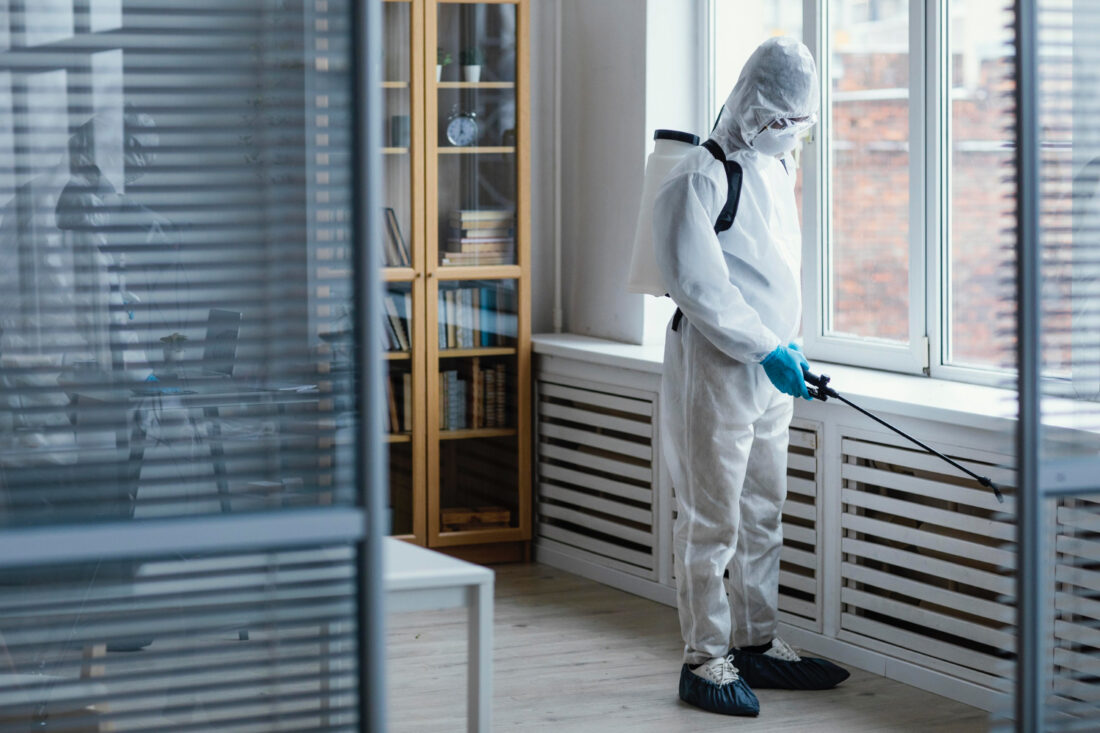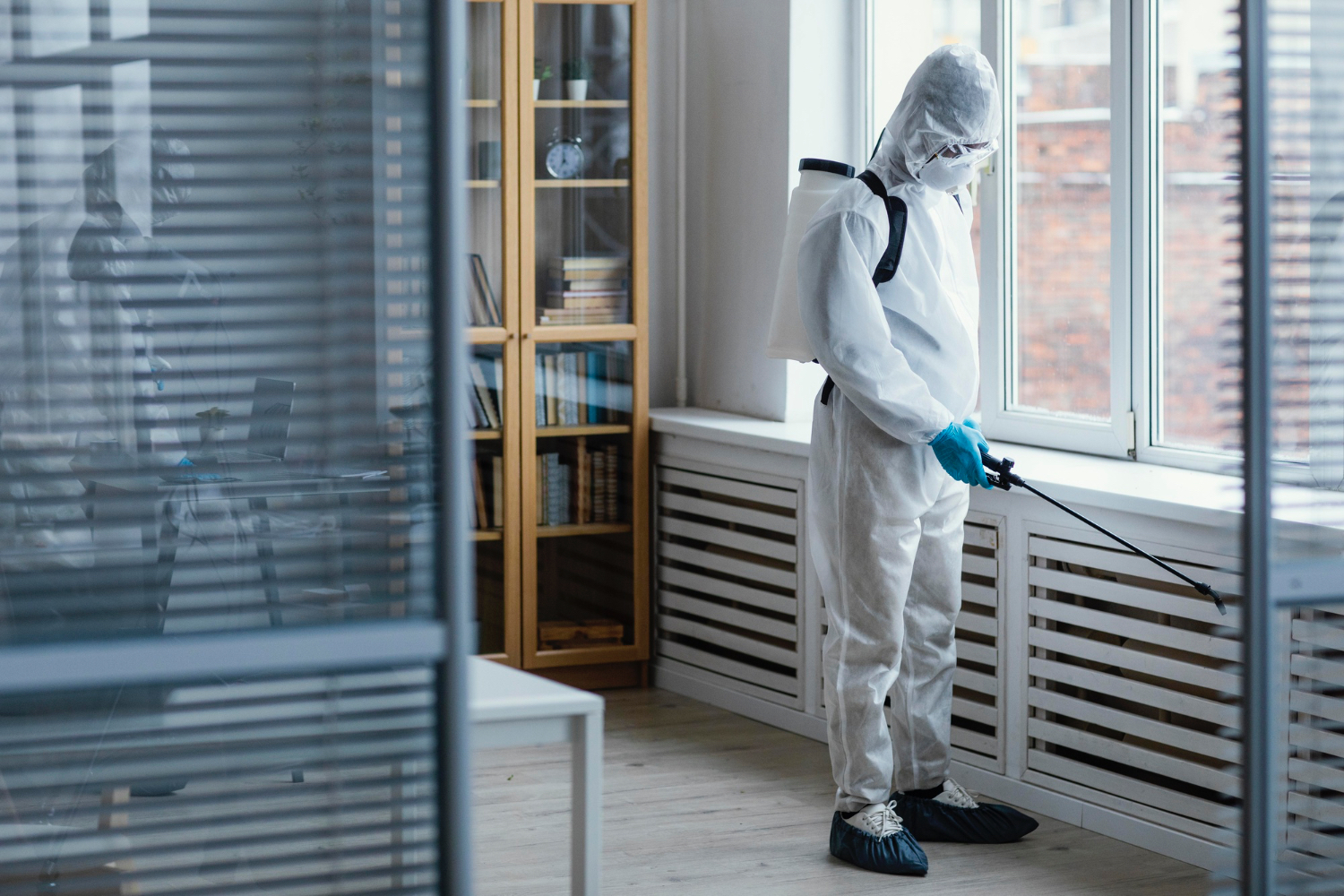 Table of Contents
Table of Contents
- Introduction to Pest and Mosquito Management
- Identifying Common Pests and Mosquitoes
- The Hazards of Pests and Mosquito Infestations
- Safe and Natural Pest Control Methods
- Effective Mosquito Management Strategies
- DIY Tips for a Pest-Free Home
- When to Call a Professional Exterminator
- Maintaining a Pest-Free Home in the Long Term
Introduction to Pest and Mosquito Management
Ensuring your home remains free from pests and mosquitoes is essential for maintaining a healthy living environment. These invaders not only cause inconvenience but also bring significant health risks and structural damage. While pest control in Wayne, PA, offers professional solutions, homeowners can also adopt effective strategies to manage and prevent infestations. Using natural and professional methods, you can safeguard your residence from these unwelcome guests.
This comprehensive guide aims to provide insightful strategies to keep pests and mosquitoes at bay. Whether dealing with common household pests or minimizing mosquito populations, these tips will help create a more comfortable and safer living space. From identifying common pests to knowing when to call a professional, we’ve got you covered.
Identifying Common Pests and Mosquitoes
To manage pests effectively, it’s crucial to identify them first. Common household pests include ants, roaches, and rodents, each presenting unique challenges. Ants are often found in kitchens and areas with accessible food. Roaches prefer warm, moist environments and can quickly become a problem if not promptly addressed. Rodents like mice and rats can enter homes through small openings and cause significant damage.
Understanding these pests’ habits and lifecycle stages can help you tailor your control methods effectively. Similarly, identifying mosquito breeding grounds, such as standing water in birdbaths, clogged gutters, and plant containers, can help reduce their numbers and the risk of disease transmission. That is why it is best to call or consult pest or mosquito control experts near me for effective pest management.
The Hazards of Pests and Mosquito Infestations
Pests and mosquitoes can create significant health and structural problems. For instance, rodents can gnaw on electrical wires, which could potentially cause fires. Moreover, mosquitoes are notorious for spreading diseases like West Nile and Zika. Proper pest control is essential to minimize these risks, as the CDC highlighted in its public health guidelines.
Beyond health risks, pest infestations can lead to extensive property damage. Termites, for example, can compromise the structural integrity of your home by feeding on wood. Likewise, pests like raccoons and squirrels can damage insulation and wiring. Addressing infestations promptly can prevent these costly damages and ensure your home remains safe and secure.
Safe and Natural Pest Control Methods
Many homeowners are increasingly looking for natural ways to manage pests. These methods include sealing entry points, maintaining cleanliness, and using natural repellents like essential oils. Peppermint oil, for example, is known to repel ants and spiders, while citronella can deter mosquitoes. Integrating these natural repellents allows you to manage pests without resorting to harsh chemicals.
Diatomaceous earth is another non-toxic solution that effectively controls pests like ants and bedbugs without harming your family or pets. This powder, made from fossilized algae, penetrates the exoskeleton of insects, causing them to dehydrate and die. Applying diatomaceous earth in problem areas can provide long-term pest control. Maintaining a clean environment by regularly disposing of garbage and keeping food sealed can also reduce pest attraction.
Effective Mosquito Management Strategies
Reducing mosquito populations around your home mainly involves eliminating their breeding sites. Ensure there’s no standing water in containers, gutters, or around the yard. Even small amounts of standing water can become mosquito breeding grounds. Regularly changing the water in birdbaths and fountains can prevent mosquito larvae from developing.
Screens on windows and doors also play a significant role in keeping mosquitoes out. According to the EPA, using registered insect repellents is a reliable way to prevent mosquito bites. Mosquito nets and wearing long sleeves and pants during peak mosquito activity can further reduce bite risk. Combining these strategies will create a more mosquito-free environment.
When to Call a Professional Exterminator
Sometimes, despite your best efforts, a pest problem can be too severe to handle alone. In such cases, it’s best to call in a professional exterminator. Professionals can access specialized treatments and tools that effectively handle widespread or persistent infestations. They can accurately identify the specific type of pest you’re dealing with and implement targeted solutions that are both effective and safe.
Your peace of mind is worth the investment in professional pest control services. Moreover, a professional service can provide ongoing monitoring and maintenance to ensure that your home remains pest-free over the long term. By being proactive, you can prevent future infestations and address problems before they get out of hand.
Maintaining a Pest-Free Home in the Long Term
Consistency is key to keeping your home pest-free. Regular inspections and preventive measures can go a long way in maintaining a safe and comfortable living environment. Monitoring for signs of new infestations and taking quick action can prevent minor issues from becoming major problems. Educating family members about pest prevention and fostering good habits can also contribute to a pest-free home.
Long-term pest management is a continuous process combining awareness, prevention, and professional support. Establishing and maintaining these practices can create a sanctuary free from unwanted pests and mosquitoes, ensuring a healthier and more enjoyable living space.
